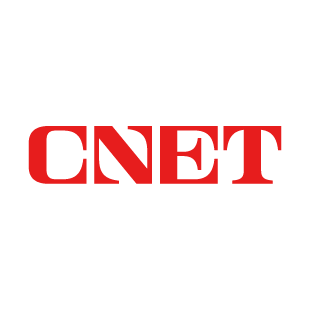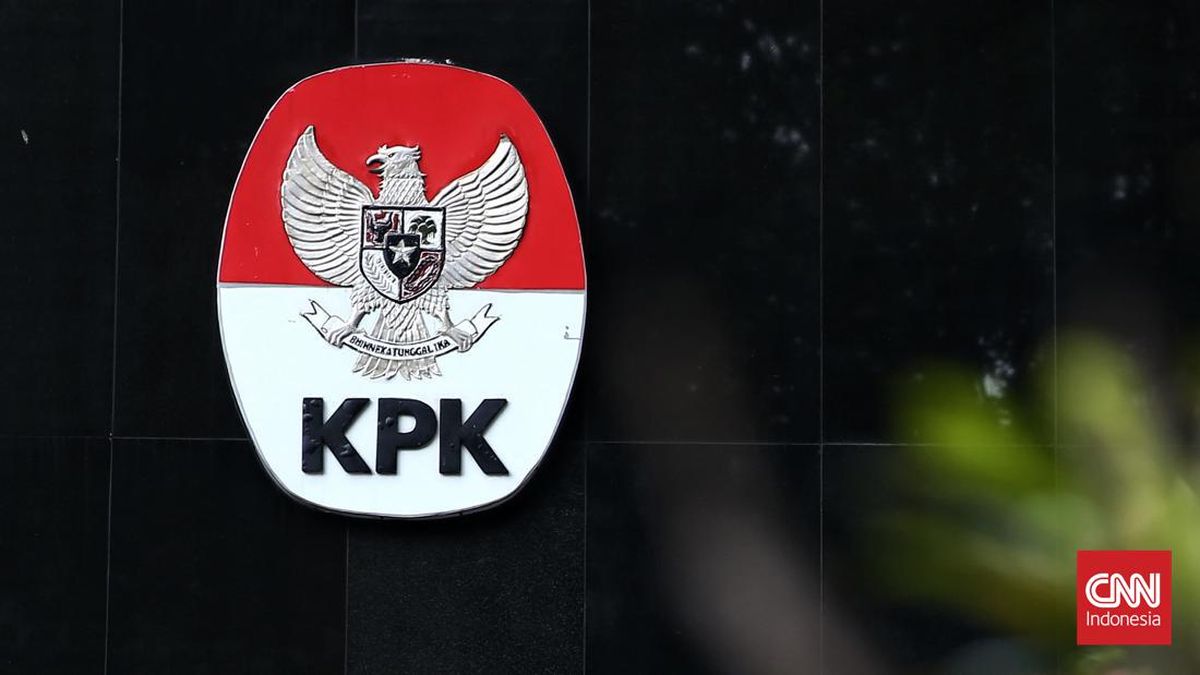Grammarly, best known for its writing assistance software, announced Wednesday that it is rebranding as Superhuman as it focuses on a broader suite of AI productivity tools.
Founded in 2009, Grammarly has built a user base of more than 40 million people and expanded in recent years with the addition of the workspace platform Coda and email service Superhuman Mail. With its new identity, Superhuman intends to become a full AI productivity platform that operates quietly in the background of everyday work, according to the company's announcement post. The new Superhuman brand is an effort to build an "AI-native" platform designed to work across the tools people already use by combining the functions of each brand into one bundled subscription.
The rebrand also includes the launch of a new product called Superhuman Go, an AI assistant that can operate across multiple apps and workflows.
"Superhuman represents a fundamental shift in how we think about AI at work," said Shishir Mehrotra, CEO of Superhuman. "The name Superhuman reflects our belief that AI should amplify human capability, not replace it or force people to adapt to its limitations."
Don't miss any of our unbiased tech content and lab-based reviews. Add CNET as a preferred Google source.
What to know about Superhuman Go
Superhuman Go is designed to help users manage everyday tasks by automatically pulling in relevant information and performing small actions across connected tools. For instance, it can retrieve account details from a CRM when composing an email, summarize previous meeting notes or file a bug report for engineering teams.
The assistant connects to over 100 apps, including Google Workspace, Microsoft Outlook, Jira and Confluence. It uses what the company calls "agents," small AI modules trained for specific tasks like summarizing or retrieving data.
Chief Product Officer Noam Lovinsky said the goal is to reduce friction rather than add new tools to manage.
"While other AI tools ask you to change how you work, Go learns how you work and meets you there," he said. "It's the difference between having an AI tool you have to remember to use and having an AI partner that's actively working with you."
Superhuman launches "team" of agents to help write, research, automate tasks, schedule meetings and more.
SuperhumanSuperhuman suite and agent platform
The broader Superhuman suite now includes Grammarly's writing features, Coda's collaborative workspace and Superhuman Mail's inbox tools. Combined with Go, the suite is meant to create a more unified experience across writing, communication and project management.
Superhuman is also introducing an Agent Store, which features a range of built-in and partner-developed AI agents. Early partners include Common Room, Fireflies, Latimer, Parallel, Radical Candor, Quizlet and Speechify. The company plans to expand this set through an Agents SDK, currently in a closed developer beta, which will allow third parties to build their own connected agents.
The Superhuman suite is now available to paying users, featuring its new Go assistant and network of AI agents, which are live on the company's Chrome and Edge extensions. Versions for Mac and Windows are on the way, and all Go features will remain free to try until Feb. 1, 2026.
Superhuman's launch and expansion happen amid a broader wave of productivity AI tools that blend writing, research and communication in one workspace. Google's NotebookLM, for example, turns uploaded documents and transcripts into summaries and learning guides, and OpenAI and Google have launched ways to use generative AI to create slide decks and presentations. This comes during a time of growing interest in productivity tools for both work and personal life, like using "agents" to schedule planning, cooking, exercising, shopping, traveling and beyond.

 5 hours ago
1
5 hours ago
1














































